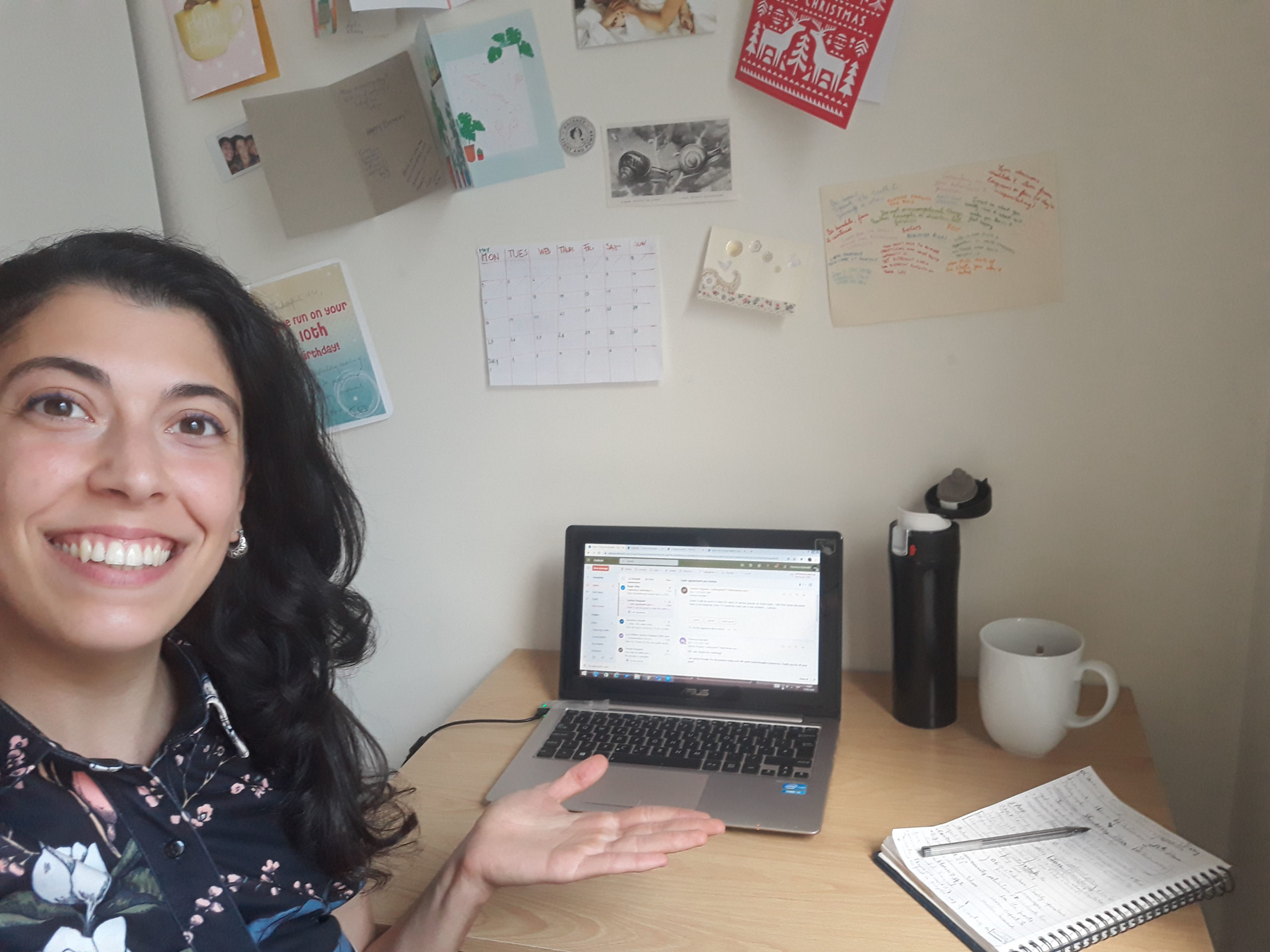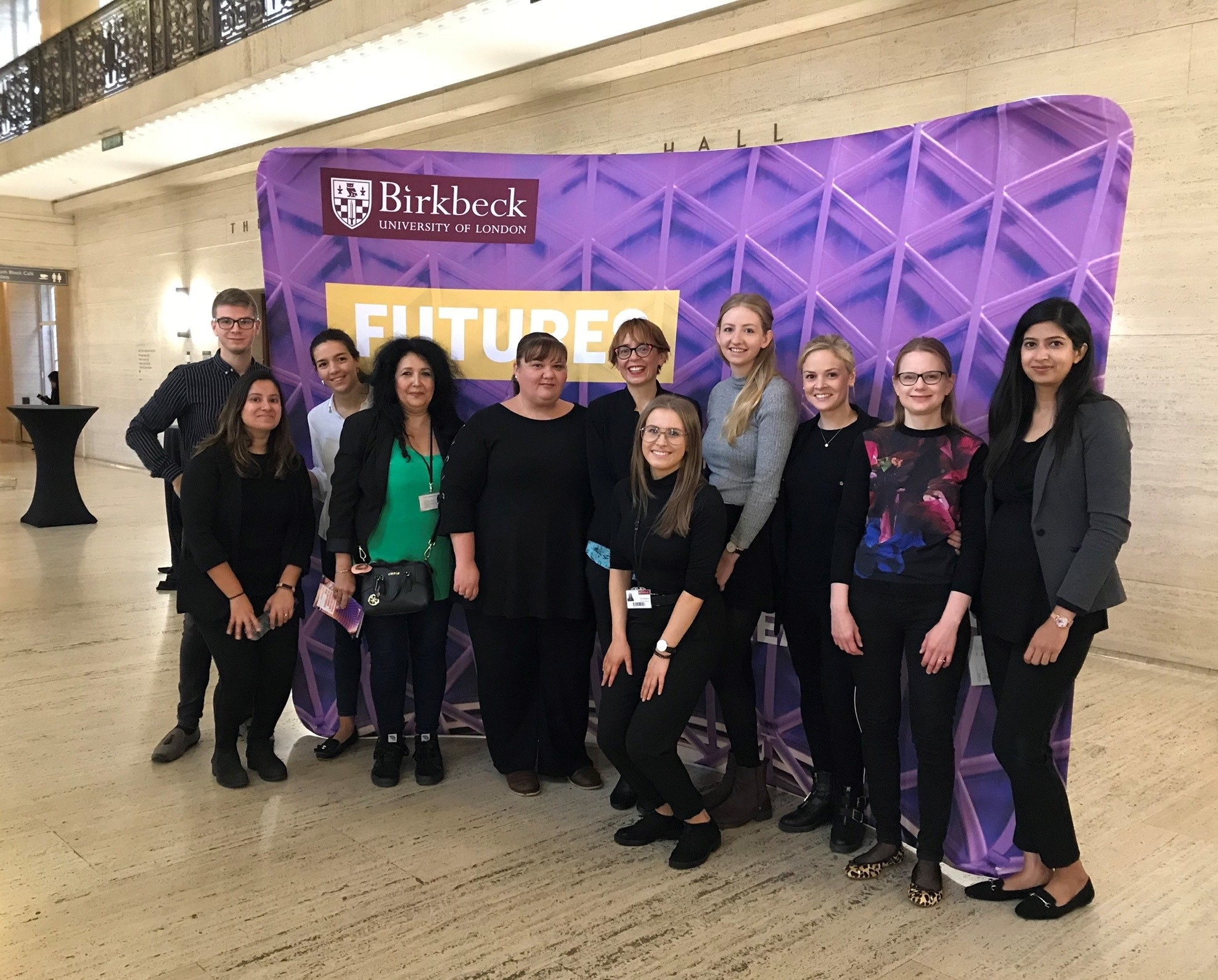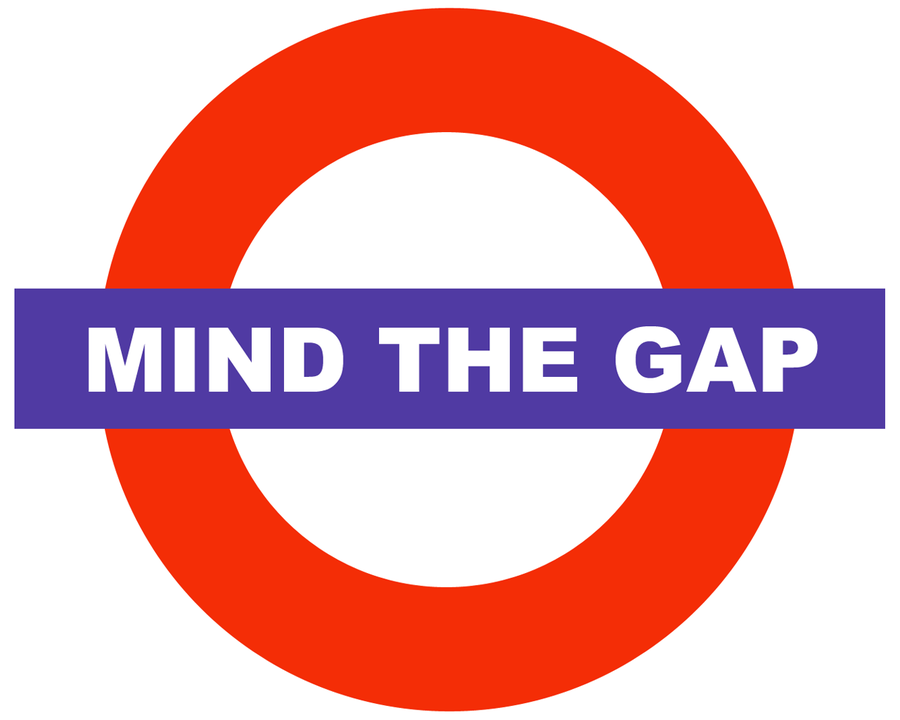Birkbeck alumna, Florencia Nannetti de Bella who studied MA History of Art at Birkbeck details how she started her career in the arts, from work placements to freelancing, to now starting a full-time role while working remotely.

Florencia Nannetti de Bella
On Monday 20 April, I started a new job as Community and Visitor Engagement Officer at the Museum of Cambridge. This has been, as you can imagine, a very unusual experience, given the circumstances. However, I could not be more thrilled about undertaking this post for many reasons, and I want to tell you about it.
First of all, let me tell you a bit more about how I got here. In 2017, I enrolled on a full-time History of Art MA course at Birkbeck. I had undertaken several courses in Arts Education and Visual Arts before, but this course at Birkbeck compelled me for a particular reason: it offered the opportunity to do a work placement at a cultural institution for 3 months.
At least in my case, I discovered quite quickly that breaking into the arts and culture sector could be difficult without enough experience. And although I had worked extensively as a freelance art facilitator in galleries and schools, it felt like I needed something more solid. So I figured that doing a work placement as part of my studies was a good place to start.
While enrolled on the Work Placement module, I had sessions with the tutor Sarah Thomas and the rest of the students to reflect on my practice. This is not something you usually get to do when you are working or doing a placement outside university, and it added so much to the experience. To have been able to discuss what you’re doing, the challenges you’re facing and the things you learn, added a whole new level of knowledge. In this case, it helped me become a reflective professional, and therefore improve my performance.
I had it very clear in my mind what I wanted to do for my placement: I wanted to be part of an Education Team. There were many more placements related to curation, but I was lucky to find one with the Creative Learning Team at Alexandra Palace.
Anna Gordon, from the Careers Advice Team, was brilliant at helping me with my application and interview. If you haven’t heard of the team, I would recommend you look them up and get in touch with them. In preparation for the work placement, Anna not only provided some great sessions on how to prepare your CV and cover letter, but she also provided 1 to 1 sessions. She carefully went through the application pack with me, and helped me tweak my CV accordingly. She gave me homework on this, for us to review together, and then helped me prepare for my interview.
One of the things that have impacted me the most from these sessions has been how she taught me how to approach an application. And most importantly, she helped me understand the skills that I have that I can offer to employers. This was so empowering and gave me more confidence to apply for the jobs that I really wanted.
I would certainly take this particular time to get in touch with the Birkbeck Careers Advice Team and work on your CV and cover letter. What better time to tackle it? Many new remote posts are appearing, so you might also want to consider that as an option.
It was a tricky time, when I was working, studying, and doing the placement at the same time. It was not easy, but was absolutely do-able. You will have to be extremely organised, planning ahead was key to navigating that period successfully.
The placement lasted three months, and it was great. My manager at Alexandra Palace, Isobel Aptaker, would take me to all her meetings, let me see how she went about doing certain tasks, answer my questions, and discuss challenges of the role, and of working at this venue in particular and others she had worked at. It was very useful, because I could get a real sense of how things are done, and the dynamics of the job. It also gave me a chance to really put to the test whether this was something I wanted as a career or not. A work placement can be a great way to discover if something you thought you liked, is actually what you want. Don’t regret it if you discover it is not.
Increasingly, I would have more and more tasks with a good degree of responsibility within the Ally Pally Learning team, which was good to test my skills and learn new ones. You don’t need to know it all when you undertake a placement, and it is good if your manager can give you challenging tasks that will help you grow, and build your knowledge. This is something you should discuss with the manager and your tutor. After all, you need to make it work for you.
After I graduated, I continued doing freelance work, and kept an eye open for other opportunities. My freelance experience has also been invaluable to expand my skills set and grow my professional network after the placement.
Last July, I got a very nice position as the Education and Training coordinator for a team of energy advisers, at an environmental charity. The experience from my work placement, which I spoke about during my interview, was key to getting this role. On this topic, I would recommend you keep a log of every new job or placement: it will help you keep track of everything you learn and do, so then it’s easier for you to give examples of your skills.
Starting a job in lockdown: why it has been good in many ways
In March this year, I came across this lovely post from the Museum of Cambridge, and just before the quarantine started, I managed to attend my interview. Consequently I was offered the role, which I accepted. The week right after, the country went into lockdown. However, Cambridge City Council, who is funding my position and the projects I will deliver, and the museum, were very keen for me to undertake the post remotely.
Albeit unusual, this has had a lot of positive benefits. Firstly, I could tackle my induction in a record time! I went through a lot of online training modules and documents that usually take a bit longer to go through, as you normally have to do other things around it if you are on site. In addition, since all of our cultural and engagement offer has to be re-arranged to fit the current circumstances, I have had to spend a good deal of time figuring the alternatives out. This is certainly testing and improving my planning skills and my creativity. I have to find alternatives, adapt activities, think of new ways to continue to build community through collections with all these new challenges we are facing. On the down side, I cannot familiarise myself with the collection and the building. However, this is bringing me closer to the wonderful team of volunteers and the Collections team, whom I rely upon to understand the museum’s dynamics.
Something that has always interested me is work within the arts and culture sector, and social issues, which in my opinion, have to involve engaging with local communities. One of the things that worried me the most about a lockdown, was that the voices of those communities, especially minorities, might go unheard again, and that we might lose the sense of connectedness between us. In this new job, I have the chance to try and stop that from happening.
It didn’t happen from one day to the other, but with patience, dedication, and the help of the very talented professionals I have mentioned, I was able to find the job I really wanted.
FURTHER INFORMATION
• Birkbeck School of Arts
• Birkbeck Futures





